
Tired of seeing your outdoor equipment looking dull and dirty? Maintaining your gear doesn’t have to be a hassle. With the right techniques and tools, you can keep everything from your lawnmower to your patio furniture in top shape. You’ll find that regular cleaning not only extends the life of your equipment but also keeps it functioning efficiently.
In this post, you’ll discover practical tips and tricks to get your outdoor gear sparkling clean in no time. Let’s dive in and make your gear shine like new!
Importance of Regular Cleaning for Outdoor Equipment
Maintaining your outdoor equipment through regular cleaning is crucial for its longevity and optimal performance. Let’s explore why incorporating a cleaning routine for your gear is vital.
Enhancing Longevity
Regularly cleaning your outdoor equipment plays a significant role in extending its lifespan. Dirt, grime, and moisture can gradually deteriorate the materials of your gear, leading to rust, corrosion, or wear and tear. By cleaning your equipment after each use or at recommended intervals, you prevent these damaging effects and help your tools and gear withstand the test of time.
A simple wipe-down or rinse can go a long way in preserving your investment for future adventures.
Maintaining Optimal Performance
Clean equipment functions better. When outdoor gear is free from debris and buildup, it operates smoothly and efficiently, allowing you to enjoy your activities without interruptions. Whether it’s a pressure washer, gardening tools, or camping equipment, regular cleaning ensures that everything works as intended, reducing the risk of malfunctions or breakdowns during crucial moments.
By incorporating cleaning into your maintenance routine, you can rely on your gear to perform optimally whenever you need it.
Essential Cleaning Tools for Outdoor Equipment
Cleaning your outdoor equipment regularly is crucial to maintaining its functionality and appearance. Having the right tools makes the task much easier and efficient.
Pressure Washer
A pressure washer is a powerful tool that uses high-pressure water to remove dirt, grime, and mold from various surfaces. It is incredibly effective for cleaning outdoor equipment like patio furniture, decks, and driveways. The strong force of the water stream can reach crevices and corners that are hard to clean manually, making it a versatile and time-saving tool for outdoor cleaning tasks.
Soft Bristle Brush
When dealing with delicate surfaces or areas that require a gentle touch, a soft bristle brush is essential. This type of brush is ideal for scrubbing without causing scratches or damage. Use it to clean fragile outdoor equipment such as garden ornaments, outdoor cushions, or even the exterior of your car. The soft bristles help remove dirt and stains without harming the surface, ensuring a thorough yet safe cleaning process.
Mild Detergent
Choosing the right detergent is key to effectively cleaning outdoor equipment without harming the environment. Opt for mild detergents that are biodegradable and suitable for outdoor use. These detergents are gentle on the environment while still being powerful enough to tackle dirt and grime. Look for eco-friendly options that are safe for plants, animals, and water sources.
Using a mild detergent in combination with your pressure washer or brush can ensure a deep and eco-conscious cleaning process for your outdoor equipment.
Using these essential cleaning tools in your outdoor cleaning routine will help you maintain your equipment in top condition while minimizing environmental impact. Regular cleaning not only prolongs the lifespan of your outdoor gear but also enhances the overall outdoor experience. Remember to handle each tool with care and follow the manufacturer’s instructions for optimal results.
Cleaning Process for Different Outdoor Equipment
Taking care of your outdoor equipment is essential to ensure its longevity and performance. Whether it’s your patio furniture, grill, or garden tools, proper cleaning techniques can make a significant difference. Let’s dive into the cleaning process for various outdoor equipment.
Patio Furniture
When it comes to cleaning your patio furniture, different materials require specific care. Here are some simple steps to clean metal, plastic, or wood patio furniture:
- Metal Furniture: Start by wiping down the surface with a mix of mild soap and water. Rinse thoroughly and dry to prevent water spots.
- Plastic Furniture: Use a solution of water and white vinegar to clean plastic furniture. Scrub with a sponge or brush and rinse well.
- Wooden Furniture: Avoid harsh chemicals on wood. Instead, use a mixture of oil soap and water to clean wooden furniture. Scrub gently and rinse with a hose.
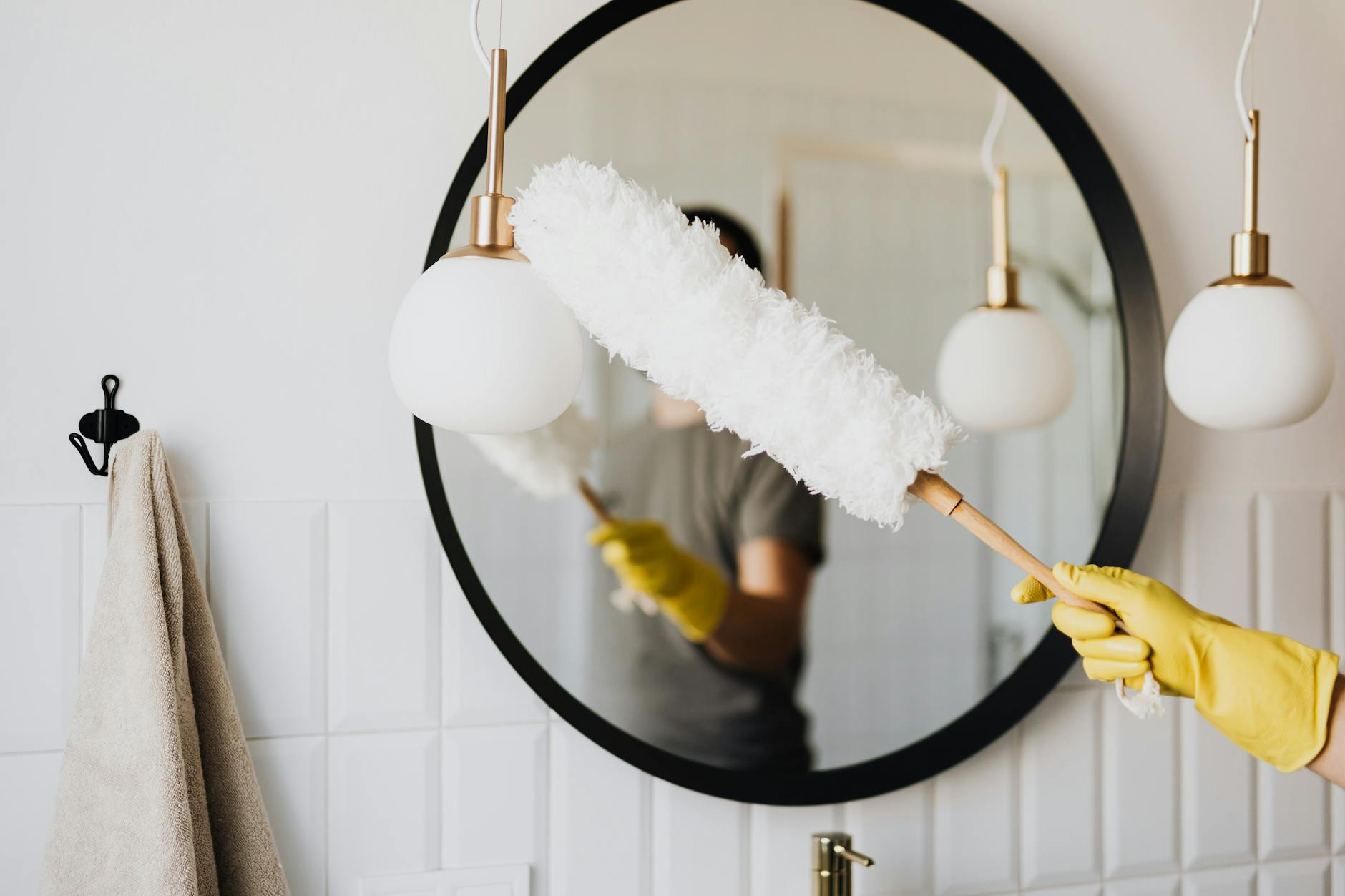 Photo by Karolina Grabowska
Photo by Karolina Grabowska
Grill
Maintaining your grill is crucial for safe and flavorful outdoor cooking. Whether you have a gas or charcoal grill, follow these steps to keep it clean:
- Gas Grill: Turn off the gas supply and disconnect the tank. Clean the grates with a wire brush, wash the exterior with soapy water, and wipe dry.
- Charcoal Grill: Dispose of ash and remaining charcoal. Scrub the grates with a brush, clean the bowl and lid with warm, soapy water, and rinse thoroughly.
Garden Tools
To ensure your garden tools stay in top condition and avoid rust or corrosion, regular cleaning is key. Here’s how to clean and maintain your garden tools:
- After use, wipe off dirt and debris with a cloth.
- For tough grime, use a wire brush or steel wool to scrub the tools.
- To prevent rust, store your tools in a dry place or use a protective coating.
For more outdoor equipment cleaning tips, check out resources like Outdoor Equipment Cleaning Tips that can help you maintain your gear effectively.
Safety Precautions for Cleaning Outdoor Equipment
Before diving into cleaning your outdoor equipment, it’s crucial to prioritize safety precautions. By following these simple yet essential steps, you not only protect yourself but also ensure an efficient cleaning process.
Protective Gear
When handling outdoor equipment cleaning tasks, always remember to suit up with the right protective gear. Wearing sturdy gloves not only shields your hands from dirt and grime but also protects them from harsh chemicals in cleaning agents. Goggles come in handy to safeguard your eyes from splashes or fumes. Additionally, donning appropriate clothing helps prevent any skin exposure to potentially harmful substances.
Proper Ventilation
Cleaning outdoor equipment often involves using cleaning solutions that emit strong odors or fumes. To maintain a safe environment, always clean your equipment in well-ventilated areas. Adequate ventilation minimizes the inhalation of harmful chemicals, ensuring a safer cleaning experience for you. Open windows and doors or work in outdoor spaces to allow fresh air to circulate and reduce the concentration of cleaning fumes.
Remember, prioritizing safety precautions not only protects you from potential hazards but also promotes a smooth and effective outdoor equipment cleaning process.
Photo by Tim Gouw 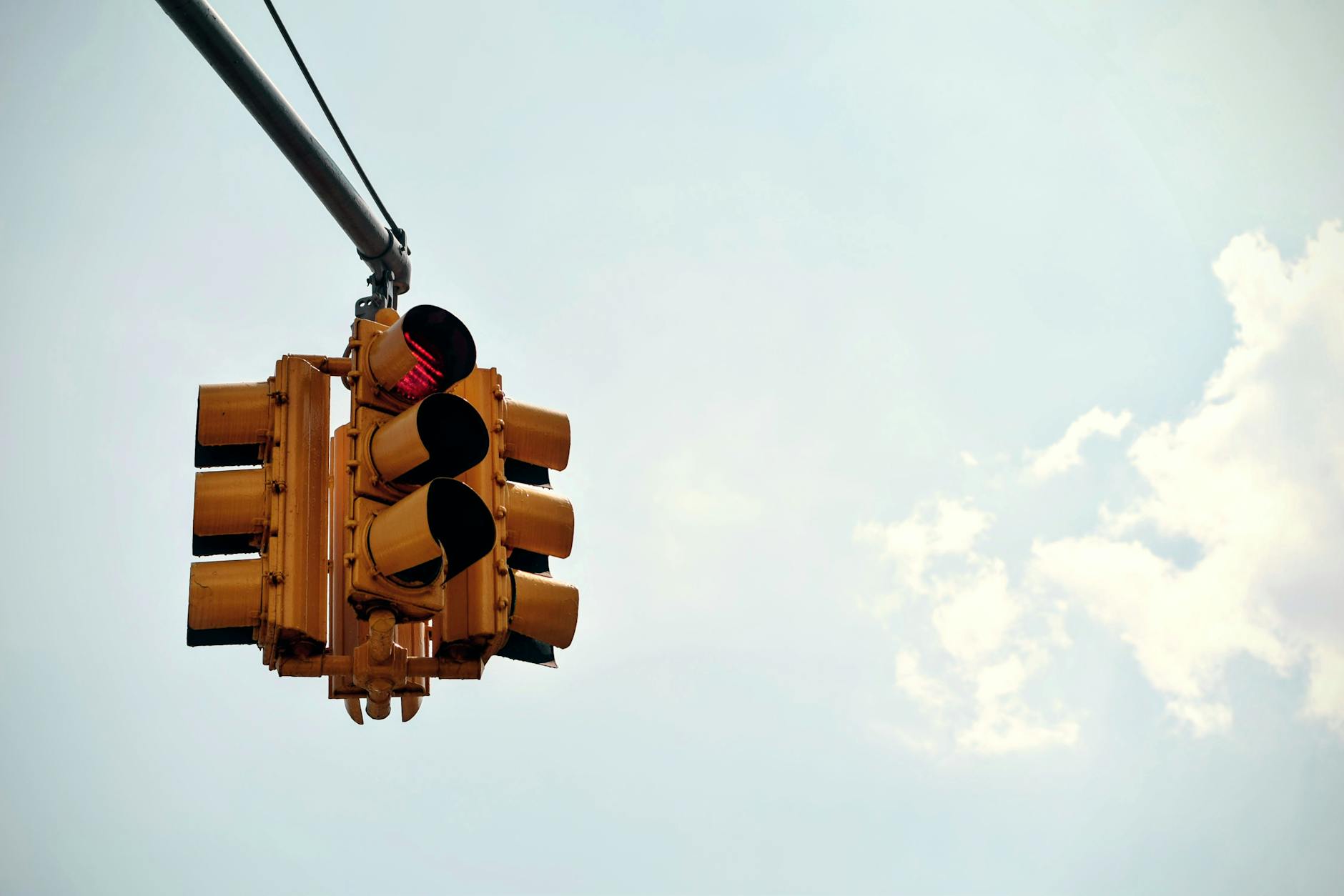
Storing Cleaned Outdoor Equipment
After thoroughly cleaning your outdoor equipment, it’s crucial to store them properly to ensure they remain in top condition for future use. Here are essential steps to follow for storing cleaned outdoor equipment:
Drying
Before stowing away your outdoor equipment, make sure they are completely dry. Proper drying is essential to prevent mold or mildew growth, which can damage your gear over time. Allow each piece to air dry in a well-ventilated area. For equipment like tents or tarps, set them up outside to dry fully before folding and storing.
Covering
To shield your cleaned outdoor equipment from dust accumulation and varying weather conditions, consider using covers. Invest in durable, water-resistant covers tailored to fit each item snugly. Covers provide an extra layer of protection, ensuring your equipment stays clean and ready for your next outdoor adventure.
Remember, proper storage practices can prolong the lifespan of your outdoor gear, saving you money in the long run. By following these simple steps, you can keep your equipment in prime condition for many future outings.
 Photo by Ono Kosuki
Photo by Ono Kosuki
Conclusion
Regular cleaning of outdoor equipment is vital. It ensures longevity and optimal performance. You only need simple tools: a pressure washer, mild detergent, and soft brushes.
Different equipment has unique cleaning needs. Garden tools, patio furniture, and playsets each require specific attention.
Safety comes first. Wear gloves and eye protection. Avoid harsh chemicals.
Proper storage is equally important. Clean and dry your gear before storing it in a dry, shaded place.
Take care of your outdoor equipment. It will serve you well for years to come.
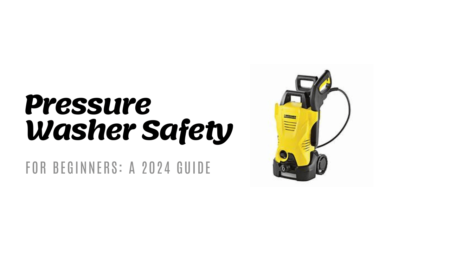
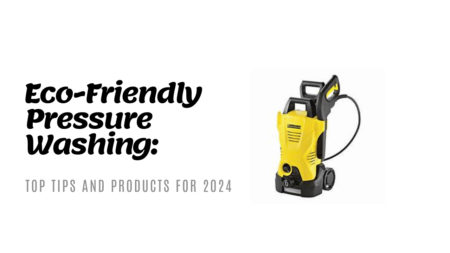
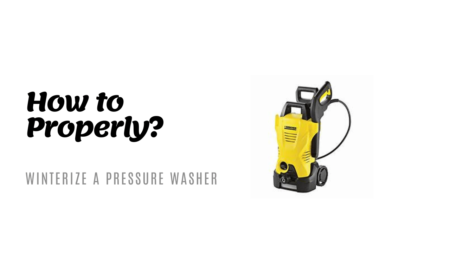
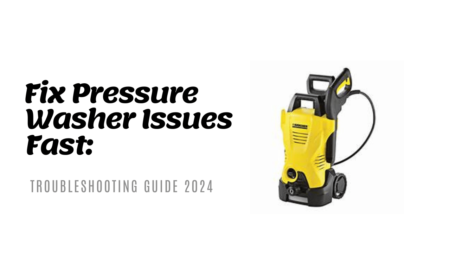
![Pressure Washing Regulations: What You Need to Know [Updated 2024]](https://pressurwasher.com/wp-content/uploads/2024/05/Minimalist-Tutorial-Event-YouTube-Thumbnail-2024-05-31T224409.854-450x253.png)
![Ultimate Guide to Pressure Washer Maintenance [2024 Edition]](https://pressurwasher.com/wp-content/uploads/2024/05/Minimalist-Tutorial-Event-YouTube-Thumbnail-2024-05-30T230638.695-450x253.png)